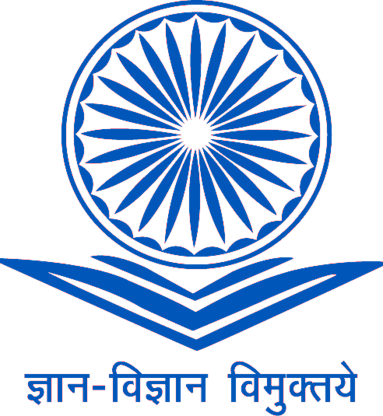Does Digital Technology Offer Continuity or Change in News Production?
Abstract
“The newest computer can merely compound, at speed, the oldest problem in the relations between human beings, and in the end the communicator will be confronted with the old problem, of what to say and how to say it. “ – Edward R. Murrow
The above quote by one of the greatest figures in journalism hits the heart of the matter about technology and journalism. It points towards the view that technology might enable us by making the process faster and efficient, but we will still be confronted with the basic questions of what, how and why to communicate. Though there is no doubt that technology has brought about revolutionary changes in human history (the invention of the plough, wheel, gun, steam engine, printing press, etc. were landmark achievements), what needs to be really understood is to what extent these technological tools are able to bring about changes in the power relations in the social, political, economic, cultural, technological institutions and processes of society. Whom does the technology enable? Does it further reinforce and conform to the existing power structures or does it enable the hitherto disabled? Technology has always been celebrated in human history as a symbol of progress, especially in the modern industrialised world, and has been viewed as a facilitating step towards a better and more humane civilisation. The ubiquity of communication tools like railways, airways, photography, radio, telephone, cinema, television, communication satellites, digital computers, and now the Internet, has come to define our social processes and relations to a great extent but what needs to be studied is in what ways are they being shaped by this phenomenon.














